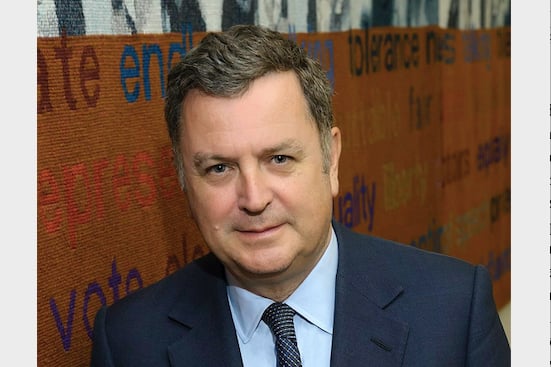I HELD recent and highly productive meetings with Devon County Councillors Lois Samuel and James McInnes.
We had an opportunity to discuss the vital role of adult social care and special educational needs services in supporting some of the most vulnerable people within our local communities.
Lois and James do a fantastic job in these areas serving in the council’s cabinet.
I know from the many conversations I hold right across the constituency that the challenges in delivering these services continue to increase due to a wide range of factors, whether it’s the complexity of care required by older people and working age adults or the provision of the best possible residential and community services for adults with a learning disability.
Speaking to Councillors and residents in Central Devon, it is clear that strengthening these and other indispensable services delivered by Devon County Council, such as education and highways, are essential for building resilience within our communities.
So I was pleased to see that in a promising move for Devon residents, the Local Government Finance Settlement announced last week will give a £56.8 million boost to Devon County Council next year.
The 7.8 per cent increase in Devon County Council’s budget builds on the significant funding increase councils received last year.
Central Devon is one of the most rural constituencies in the UK. It is the only constituency with no settlement with a population above 10,000 and it takes around an hour-and-a-half to drive from one side to the other without traffic.
So I particularly welcome the increase to the Rural Services Grant that the government has announced. This means that across the country £110 million will be spent on supporting hard-to-reach communities.
Local residents can also be reassured that Conservative-led reforms to council tax will shield them from excessive hikes without due consultation. We brought in requirements for local authorities to have to hold a referendum locally if rises are sought above a threshold. Over the years this approach has held council tax down.
Nationally the Local Government Finance Settlement comes on top of the £4.8 billion Levelling Up Fund which focuses on investment in local infrastructure that has a visible impact on people and their communities.
This typically includes transport schemes, urban regeneration projects and cultural assets and the £2.6 billion UK Shared Prosperity Fund which focuses on pride in place and increasing life chances.
Both these schemes are about levelling up our communities and regions around the country and quite rightly rural areas are central to this.
The backdrop to many of the funding pressures at the local level is of course inflation. Covid and the war in Ukraine have led to inflationary pressures due not least to increased energy costs.
But our policies working alongside the Bank of England have brought inflation down.
It has more than halved over the last year (peaking at 11.1 per cent and falling to four per cent). Sticking to our plan will see further progress to the benefit of us all.




